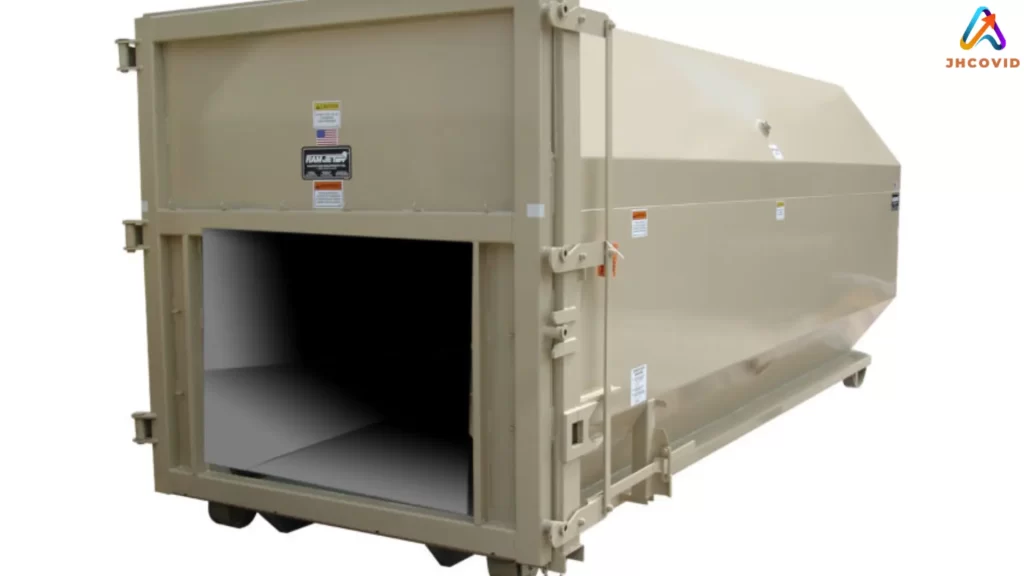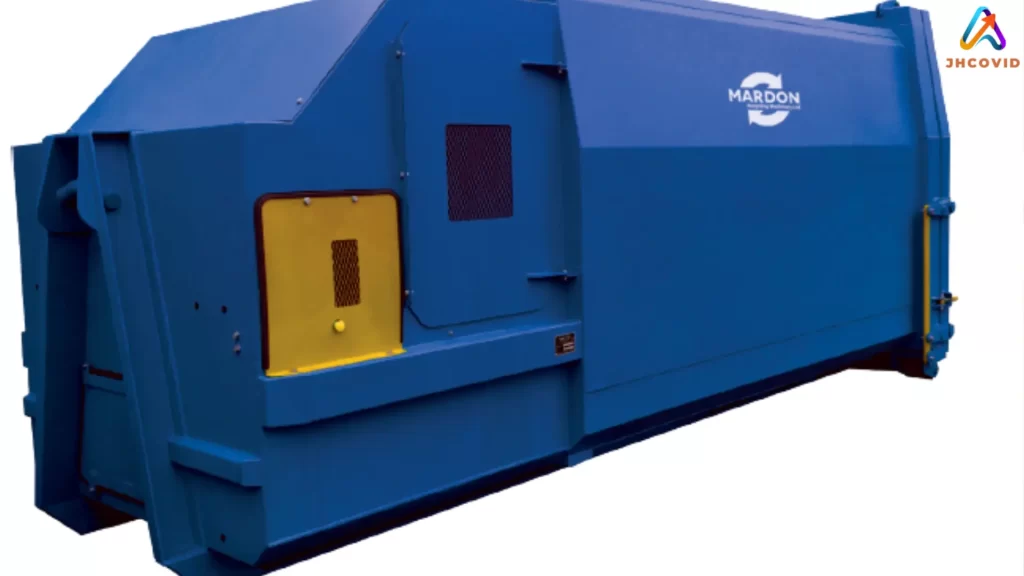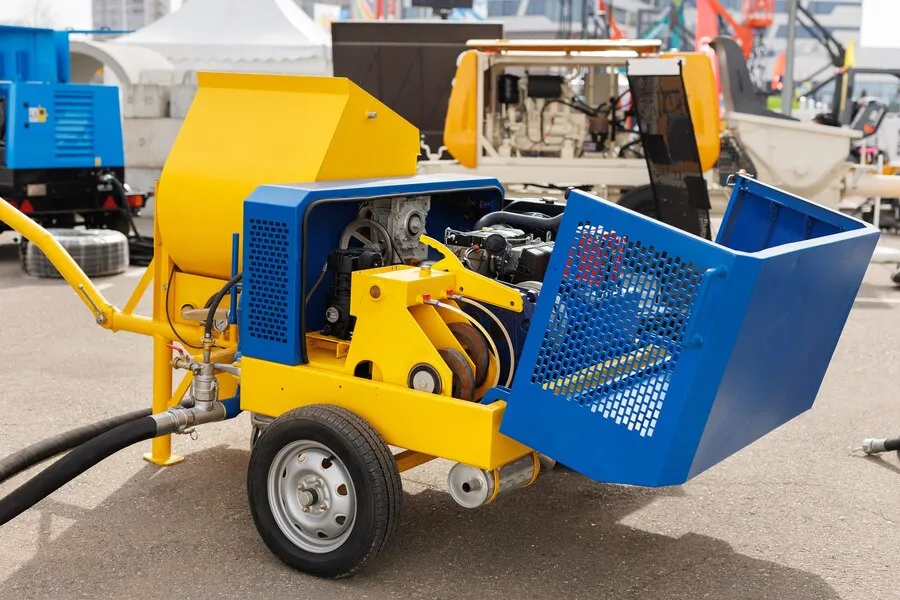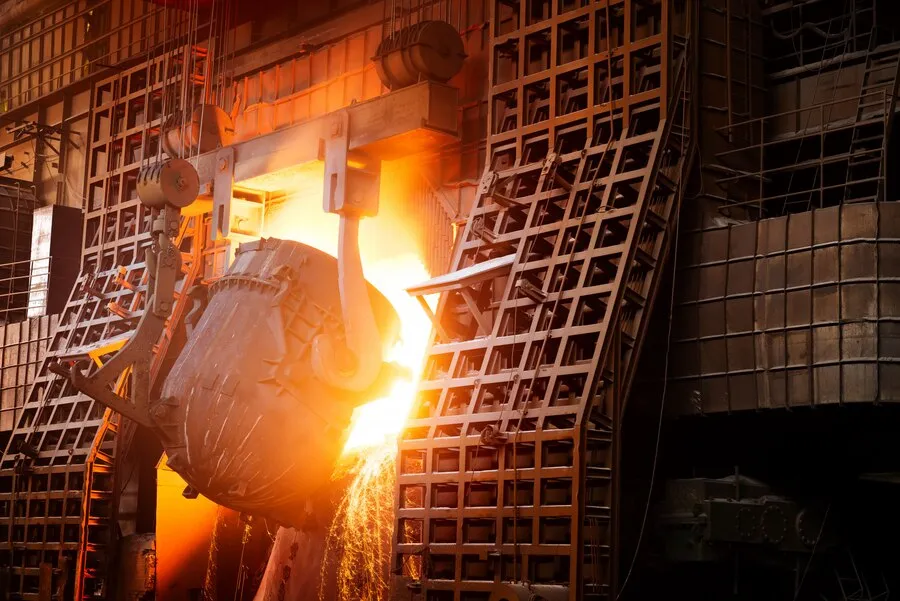Table of Contents
Regular Cleaning
Keeping your waste compactor clean is vital for its longevity and efficiency. A regular cleaning schedule helps prevent the buildup of waste and odors, making the compactor more effective and pleasant to use. For those who have opted for waste compactor rental services, maintaining cleanliness is crucial to avoid additional costs at the end of the rental period. Dirty compactors can harbor bacteria, attract pests, and create unpleasant working conditions. It’s advisable to clean the compactor daily or after each significant use, focusing on the loading door, chamber, and any exposed moving parts. Use a suitable, non-corrosive cleaner and follow the manufacturer’s guidelines to avoid damaging the materials.
Inspect for Wear and Tear

Regular inspections can help you identify potential problems before they become significant issues. Check the hydraulic system, hoses, and electrical components for signs of wear and tear. Early detection of these issues can save significant repair costs. Look for leaks in the hydraulic system, frayed or cracked hoses, and exposed wiring. Document any problems you find and report them immediately to the rental company if applicable. Maintaining the operational efficiency of your machine and staying ahead of possible issues can be achieved with routinely planned checks, ideally once a week.
Lubricate Moving Parts
Lubricating the moving parts of the compactor reduces friction and prevents damage to the machinery. Make sure that every moving element is properly lubricated, and use the lubricant according to the manufacturer’s recommendations. Proper lubrication is essential to keep the compactor functioning smoothly. Unlubricated parts can cause increased friction, leading to excessive wear and, ultimately, mechanical failure. Identify all moving parts, such as bearings, chains, and gears, and apply lubricant as indicated in the operator’s manual. A bi-weekly lubrication schedule is often sufficient, but always check the specific requirements for your model.
Monitor Hydraulic Fluid Levels
Hydraulic systems are essential for the operation of a waste compactor. Regularly check the hydraulic fluid levels and top them up as needed. Avoid using the compactor if the fluid levels are low, as this can cause damage to the system. Keeping an eye on hydraulic fluid levels ensures that the compactor operates efficiently. Low hydraulic fluid can lead to increased heat and pressure, eventually causing irreversible damage to the system. Use only the type of hydraulic fluid recommended by the manufacturer, and ensure the tank is properly sealed to prevent contamination. Check fluid levels at least once a week and before any heavy use.
Follow Load Limits
Overloading the compactor can lead to mechanical failures and increase wear and tear. Always adhere to the recommended load limits the manufacturer provides to keep your compactor in optimal condition. Following load limits can also prevent accidents and ensure the safety of the operators. Overloading can strain the hydraulic system and other mechanical parts, leading to breakdowns. Make sure all operators are aware of the compactor’s load capacity, and provide training on how to gauge the right amount of waste to load. Using visual markers or signs can also help operators easily adhere to load limits.
Address Repairs Promptly

Take quick action to resolve any problems or malfunctions you find. Postponing maintenance might make issues worse, need more expensive fixes, or possibly call for replacing the compactor. Timely repairs can prolong the compactor’s life and save costs in the long run. Simple issues like unusual noises, reduced compaction efficiency, or minor leaks should not be ignored. Promptly fixing these problems can prevent more severe damage. For rental units, inform the rental company immediately to avoid potential charges for prolonged damage. Always use professional technicians for repairs to ensure the work is done correctly.
Also Read: Benefits of Using Shipping Containers for Pop-Up Bars
Train Users
Proper training for those who will be using the compactor ensures that they understand how to operate it safely and effectively. Trained users are less likely to misuse the machinery, reducing the risk of damage and extending the compactor’s lifespan. Training sessions should cover safety protocols, operation techniques, and maintenance procedures. Offering regular refresher courses can help keep all operators up-to-date with the best practices. Hands-on training is often the most effective way to ensure users understand how to safely operate the compactor. A properly trained team can also identify signs of wear and report them before they turn into significant problems.
Schedule Professional Maintenance
Regular professional maintenance can help identify and fix potential problems before they lead to bigger issues. Schedule periodic maintenance checks with a professional to keep your compactor running smoothly. Professional maintenance services provide expertise and can address issues that may not be visible to the untrained eye. Depending on the frequency and intensity of use, professional maintenance should be scheduled quarterly or bi-annually. Professional technicians can also provide insights into optimizing the performance of your compactor and ensuring its longer lifespan. Regular maintenance from professionals can also maintain compliance with safety standards and operational regulations.






